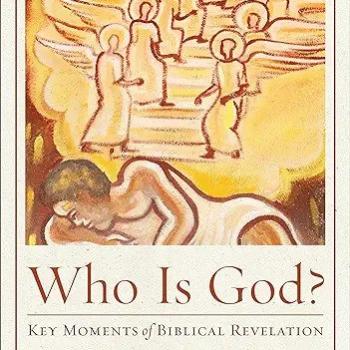Chapter 1: A Spiritual Midlife Crisis
On January 3, 2015, the Islamic State of Iraq and Syria (ISIS) posted one of its trademark execution videos online. ISIS fighters executed Muath al-Kasasbeh, a Jordanian pilot who had been captured after his fighter jet crashed during a United States–led airstrike over Syria; and they did it the way the Catholic Church and John Calvin once had: by burning him alive. In defiance of both the Qur’anic prohibition of taking innocent life and the teachings of the Prophet Muhammad, these soldiers placed al-Kasasbeh inside a metal cage, doused him with flammable liquid, set him on fire, and filmed his grisly death.
The outrage across the globe was swift and just. The Jordanian government called the execution by fire “vile” and promised to harshly retaliate, while the president of the United States called the execution “depraved.” Christians, of course, were among those to decry the burning of al-Kasasbeh, and rightly so. However, as I listened to the righteous indignation of my Christian brothers and sisters, I quickly became aware of a glaring blind spot that many didn’t seem to even notice: our mental image of God was shockingly similar to the ISIS terrorists who burned al-Kasasbeh alive.
You see, that Jordanian pilot was a Muslim; and according to the flavor of Christian theology that many of us grew up with, as a Muslim he was not “saved” and thus was destined for hell after his death—a place where, you guessed it, he would be burned alive forever and ever in eternal conscious torment. As I watched my fellow Christians express outrage and disgust over his burning in this life, I kept thinking to myself, “You guys—you realize that you believe God is going to do this to the vast majority of people who have ever lived, don’t you?”
Think about that for a minute: if the theology of salvation and hell that so many of us grew up with is true, the moment that Muslim pilot succumbed to the flames and died, he immediately went to a place where the flames and torture started all over again. According to the traditional hellfire theology, al-Kasasbeh went from twenty-two minutes of burning alive to an e-freaking-ternity of burning alive—with no hope of even death to stop the torment. Essentially, to affirm the hellfire theology of my youth, a person would say that what God did to al-Kasasbeh after death is far worse and less unmerciful than what ISIS did to him. If the traditional theology of hell is correct, God is like an ISIS terrorist—but like one on steroids.
If it is depraved and disgusting when ISIS does it, why is it good and just when God does it?
Are we really okay with a vision of God that makes him look like an ISIS terrorist who burns his enemies alive?
Isn’t this image of God just making us afraid of him?
And if it is, is this the right image?
11/13/2017 7:24:22 PM




